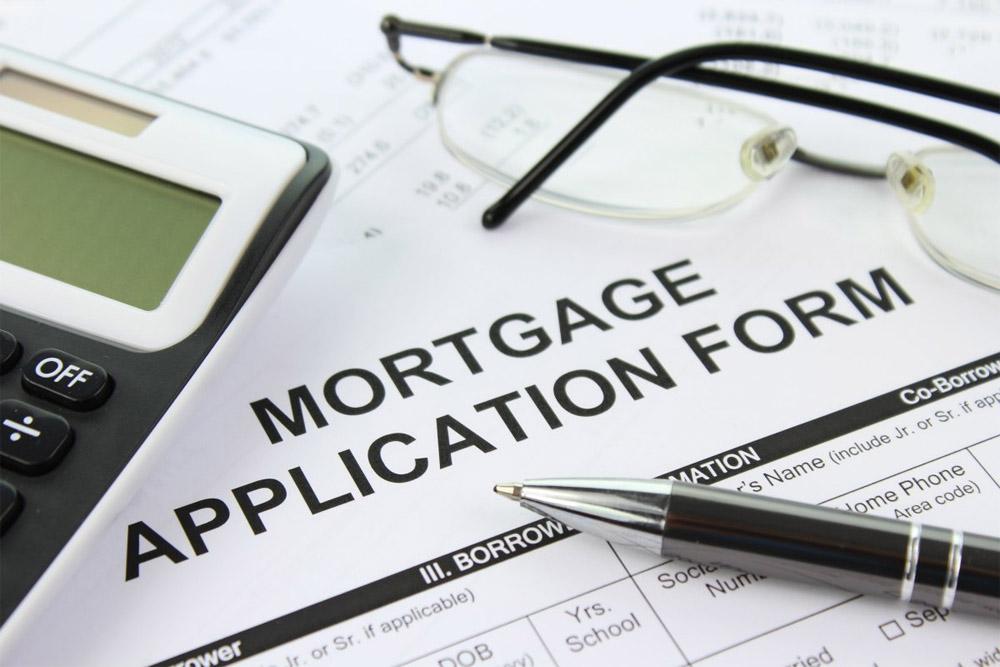
Captain Obvious here: a investment properties are supposed to make you money.
Whether you renovate and flip the property or buy it to rent and hold onto it long-term, as a real estate investor you quickly find that financing investment properties is not the same as taking out a mortgage on your home. And the greatest challenge? Investment property mortgages cost more than homeowner mortgages, in both interest rates and lender fees.
If making money in the real estate market were easy, everyone would be making millions. But real estate investing requires research, knowledge, planning, and capital, and the borrowing side of the business is no different.
Types of Investment Property Loans
The most common investment property loan is the good ol’ conventional mortgage loan. Typically, conventional lenders require at least 20% of the property price as down payment.
In most cases borrowers will need a credit score of 620 or above to be approved for a conventional mortgage loan. If you were to take a single asset portfolio loan anywhere between 1 to 30 years, expect to pay 4.5% to 6% interest; check today’s rates and terms at LendingTree.
On the other hand, a blanket mortgage loan – an investment property loan that can finance 2 or more properties under one mortgage – will usually range between 3.7% to 11% interest. These blanket real estate loans usually charge a variable interest rate if it is for 1 to 10 years, but a loan longer than 10 years has a fixed interest.
Here’s a sample of today’s rates among conventional lenders; click to compare rates between several lenders:
Fix & Flip Lenders
Another common investment property loan is a hard money loan. These are loans given by companies or individuals for the sole purpose of property investment. Instead of putting so much weight on credit scores, these loan lenders assess the value of the property you want to buy in order to come to a decision. These are usually short-term loans, between one to three years, and they have a high rate of interest – often between 8% to 18%.
Hard money loans are generally designed for investors who are interesting in buying, fixing, and flipping their properties quickly. These loans are short-term investment property loans, in duration of six months to two years.
As an alternative to hard money loans, consider online fix-and-flip lenders. The interest rates and points tend to be slightly lower than traditional hard money lenders.
Peer-to-peer lending and crowdfunding websites are another relatively new option for financing investment properties.
We’ve vetted several of these fix-and-flip lenders, and compare their lending terms and interest rates on our breakdown of investment property loans.
Private Money & Long-Term Rental Property Loans
There are also private money loans. These investment property loans are provided by individuals who have extra money and want to make a good return on their investment. While the interest rates are usually lower, and the terms and conditions are flexible, private lenders often lend based on personal trust and a proven track record of success. These investment property loans are often for shorter terms, and the interest can be anywhere from 7% to 12% depending on the contract and final negotiations. Because interest rates on rental property loans are lower, generally in the 5-8% range, it rarely makes sense to borrow private money for long-term rental loans. Most often, rental investors will use private money to finance a quick purchase and any repairs, then refinance with a long-term rental property loan. After all, interest and financing costs have an enormous impact on a rental property’s cash flow! Here’s a comparison chart of interest rates and lending terms for several rental property loans.Refinancing Investment Properties
Let’s talk about refinancing. Refinancing a mortgage is paying off the existing loan and then exchanging it with a new loan. People usually chose to refinance if they are getting shorter mortgage periods, lower interest rates or to shift to a fixed mortgage interest rate. However, it is important to keep in mind that even if the refinanced interest rate is lower than the original loan interest, the cost of refinancing will cost anywhere between 3% to 5% of the principal value. In today’s market, the consensus of expert mortgage advice is that even a 1% reduction because of refinancing is worth making the change. Currently, a 30-year fixed rate for a property purchase loan is 4.625% where on the same loan after refinancing, the interest rate would be 5%. However, for a 20-year fixed rate loan, you are looking at just about a 5% interest rate. However, after refinancing, it would drop to 4.75%. Keep in mind that the difference in the rate of interest will vary with the mortgage term and value. In order to provide oneself protection against debts and liability, real estate investors form and borrow under an LLC. While borrowing under an LLC, the assets of the entity are used as security against debt instead of one’s personal assets. Take into consideration that even with an LLC, the interest rates will vary with the type of mortgage, value and time period of repayment.Requirements to Borrow Against Investment Properties
Let’s focus on the common requirements to secure an investment property mortgage. To secure an investment property loan or mortgage, you should have a good credit score. Debt to income ratio should not exceed 40% or 45%. This means you have more assets than debts, pending payments and liabilities. Usually, a 20% down payment is needed. The higher the down payment you have, the better the interest rate you’ll get. Income documentation and credit score affect interest rate and available financing? Here are the 5 basic C’s of investment:- Character: Character is all about your credit scores, basically, if you have a history of paying loans on time or not.
- Capacity: Capacity is all about accurate income documentation. Showing job stability, or if self-employed, proving that your income is sustainable.
- Capital: Capital is the money. What kind of a down-payment do you have available? What is your debt-to-income ratio?
- Collateral: Collateral is what you can use as security to back up the loan. For instance, the mortgage on a house is the collateral for the lender.
- Conditions: The condition of the loan –the principal amount, rate of interest, and how long the length of the term of the mortgage is.

























Good overview. What about taking out a HELOC on an investment property? Not too many banks seem to do those types of loans. Any suggestions where to find one that will? Thanks.